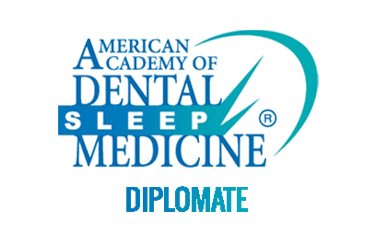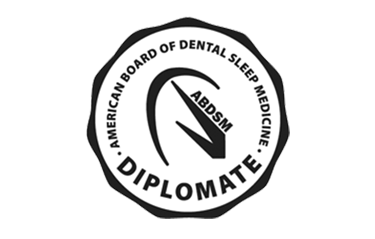TMD, or temporomandibular joint (TMJ) disorder, causes pain in your jaw joints and surrounding muscles. If you are experiencing this type of discomfort, you might be wondering whether your TMD is a medical or a dental problem.
While the underlying causes of a TMJ disorder could be either medical or dental in origin, you can feel confident in a dentist’s ability to diagnose and treat your TMD. Dr. Amy Shoumer specializes in these disorders in Bryn Mawr, PA. Here is how Dr. Shoumer can help treat your symptoms.
What causes TMD?
There are several medical or dental causes of a TMJ disorder. You might have a medical condition such as arthritis that causes inflammation and pain in your temporomandibular joints as well as in other areas of your body.
Your TMJ disorder could also be dental in origin, such as if you clench or grind your teeth.
Sometimes there is no clear cause of TMJ. However, no matter the cause, a dentist can still diagnose TMJ and provide a plan to help treat the disorder and alleviate your pain.
What are the symptoms of TMD?
If you have TMJ concerns, you might experience any number of these signs and symptoms:
- Ear pain or stuffiness
- Pain in the joints of your jaw
- Tenderness or swelling in the jaw or surrounding areas
- Pain in your face, head, or neck, such as headaches
- Pain while chewing or difficulty chewing
- A change in the alignment of your teeth
- Clicking or popping sensations when you open or close your mouth
- Locking of the jaw
How is TMD treated?
Your dentist will ask you about symptoms you’re experiencing and evaluate your jaw, including painful areas and its range of motion. There are many treatments for TMJ, and several of them are noninvasive and don’t involve any surgery.
Your dentist will likely start your treatment with lifestyle changes and therapies, such as changes to your diet, devices to prevent tooth grinding or clenching, or pain relievers.
If symptoms persist, your dentist might recommend surgeries or injections to treat your TMJ disorder. When a TMJ disorder is caused by a medical condition, Dr. Shoumer will work with your doctor on a collaborative treatment plan.
TMJ Disorder Treatment with Dr. Amy Shoumer
If you think you have TMD, please contact our Bryn Mawr office today for an appointment. Dr. Shoumer will help you experience less pain and discomfort in your jaw and regain your quality of life.









